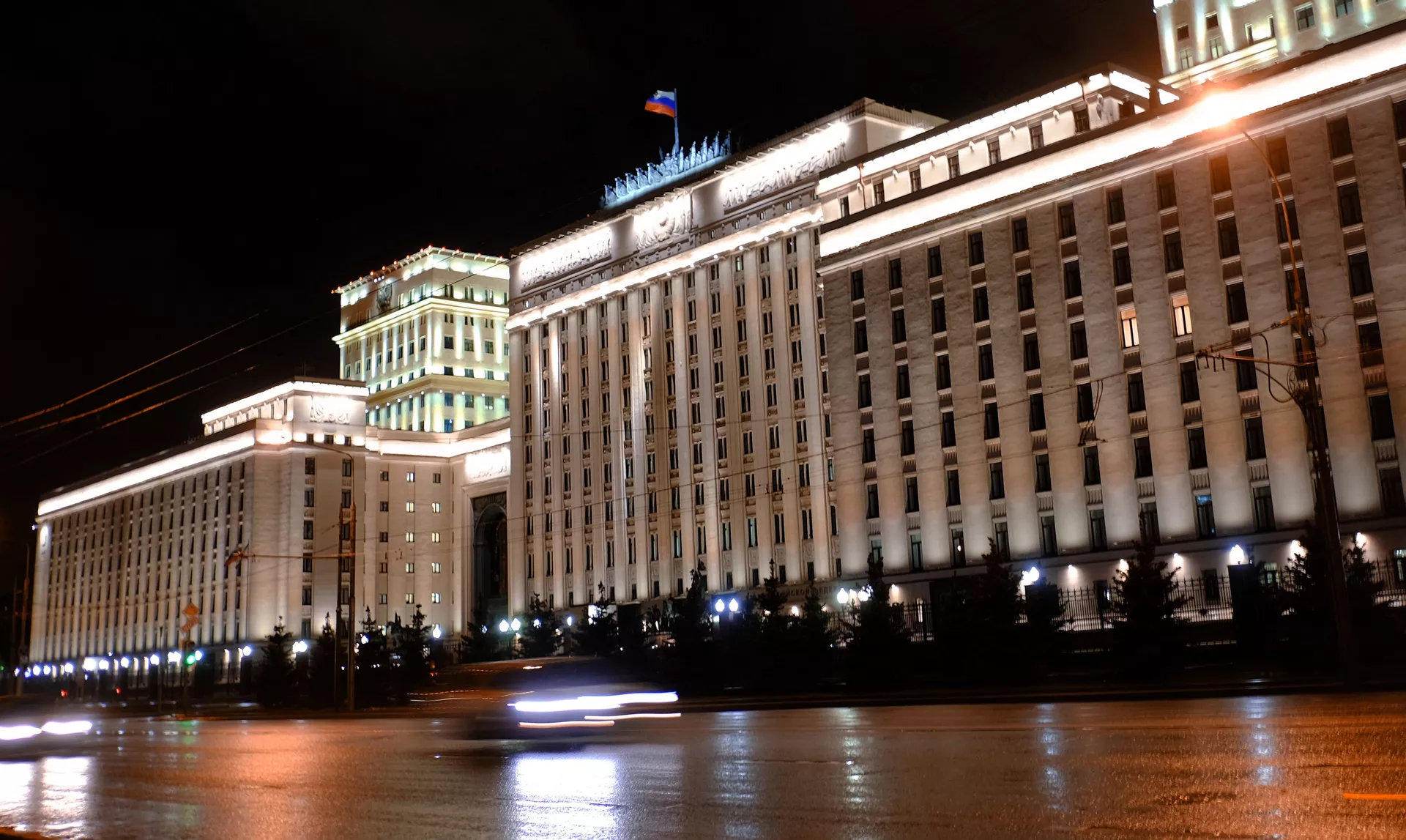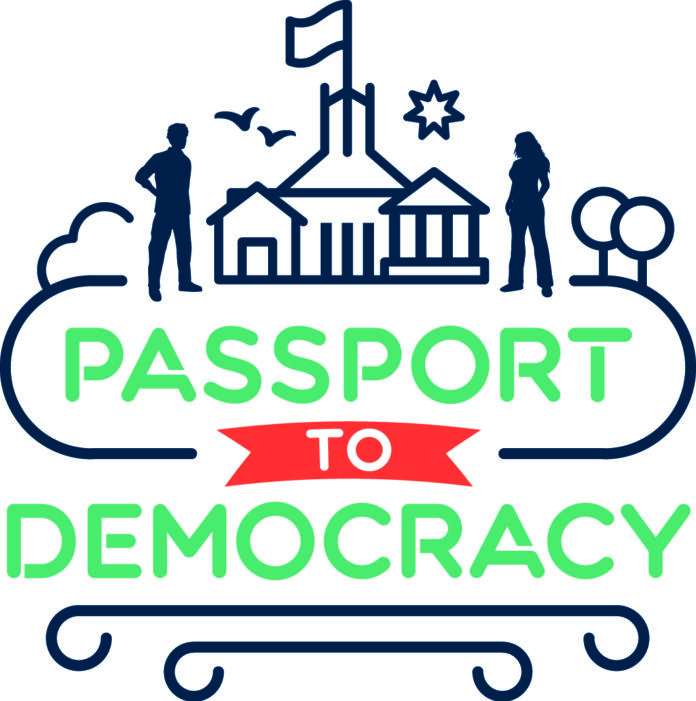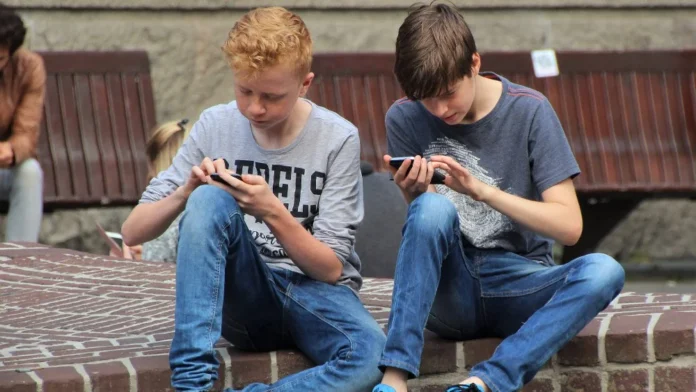Note: This post was originally published as an Op Ed at E-International Relations. It was co-authored by Ilan Manor, Corneliu Bjola and Bar Fishman.
On November 23, 2023, the mayor of Paris announced that she was leaving X, the network formerly known as Twitter. Citing a rise in a disinformation, hate speech, racism and “vicious attack on scientists”, the mayor concluded that X had become “a gigantic global sewer” thanks to its mismanagement by Billionaire Elon Musk who acquired Twitter in 2022. Since then, Musk has implemented a series of contentious policies. These have included reinstating divisive figures such as former US President Donald Trump and conspiracy theorist Alex Jones, while allowing fake accounts to blossom by purchasing a blue verification check and firing thousands of employees tasked with content moderation. Changes have also been made to the algorithm as misinformation and emotionally charged content thrives on X. One recent study found that after Musk’s acquisition, there was a surge in advertisements that failed to comply with X’s political and adult content advertising policies.
An important question is whether diplomats and foreign ministries (MFAs) will follow the example of Paris’s mayor or that of NPR which quit Twitter in early 2023 after being labeled as a ‘state-affiliated media’. Many diplomats and MFA now find themselves confronted by a type of “prisoner’s dilemma”. If they remain on Twitter, diplomats and their institutions may become associated with the network’s negative attributes. Public criticism of Musk and his policies may soon carry over to diplomats damaging their reputation and undermining the credibility of their institutions. Diplomats and their institutions also risk legitimizing Musk and his policies in the eyes of users and citizens by staying active on X. However, if diplomats choose to leave Twitter, they will forfeit significant digital assets accumulated over a decade.
MFAs first migrated to social media in 2012, a time when these platforms were imbued with the hopeful spirit of the Arab Spring. Although MFAs are active on numerous platforms, including Facebook, Instagram and YouTube, Twitter was always the platform of choice for foreign policy makers. While it was never the largest social network, Twitter enabled diplomats to interact with elite audiences including journalists, academics, policy-makers and other diplomats. This enabled diplomats to expand their influence in ways that were not perceived as feasible before the arrival of social media. Twitter was the closest thing diplomats had to a select club; a place where the UN Secretary General could converse with the editor of the New York Times or physicist Brian Cox.
Yet, Twitter also became an important diplomatic instrument. MFAs used Twitter to comment on world events, to narrate their government’s policies, to impact the coverage of states and leaders and to manage crises or steer sensitive negotiations. The 2015 Iran Deal was announced on Twitter, Russia’s 2014 expulsion from the G8 group nations was announced on Twitter as was Israel’s decision to invade the Gaza Strip in 2014. EU leaders used Twitter to signal red lines throughout the Brexit negotiations while the Obama White House used Twitter channel to “sell” the Iran Deal to American elites.
Most importantly, diplomats have accumulated and cultivated a large following on Twitter. The MFAs of Japan, Kenya, Rwanda, France, Ukraine, Germany, Russia, the UK and the US have hundreds of thousands of followers while the MFAs of Sweden, Iran, Belgium, Estonia and Kosovo have accumulated tens of thousands of followers. These include major news outlets, important journalists, and senior policy makers. Musk’s sweeping changes to Twitter’s policies have fundamentally altered the digital landscape, creating a toxic environment and dynamics that poses a significant threat to a core aspect of diplomacy: effective elite-to-elite communication.
Quitting Twitter would have serious ramifications for diplomats, chiefly losing their followers. Moreover, there is currently no single substitute for Twitter and its user base may fragment across multiple networks. This would mean that MFAs would need to migrate to several networks—a time consuming and resource intensive endeavor. Additionally, some MFAs presently use Twitter to obtain concrete diplomatic goals. Such is the case with Ukraine which is using Twitter to retain political support in the US and crowdfunding its War against Russia. A mass exodus of elites would seriously hamper Ukraine’s military efforts. Finally, some MFAs are using Twitter to actively combat disinformation. If they leave, they may find that they have deserted the battlefield and ensured the victory of nefarious state actors. Diplomats are thus prisoners on Twitter facing the dilemma—to tweet or not to tweet.
The Twitter dilemma will likely be navigated differently by MFAs, depending on the weight they place on the aforementioned factors. Beyond this, there is a broader picture for digital diplomacy that has yet to fully reveal itself. Traditionally, the relationship between MFAs and social media platforms has been characterized by mutual collaboration and positive engagement, offering MFAs low-risk and high-opportunity avenues for digital diplomacy. The current dilemma marks a turning point, signaling a new phase of digital diplomacy, one of conflicting interests. In this evolving landscape, MFAs and social platforms may find themselves in a competitive or even adversarial relationship, posing higher risks and diminishing opportunities for MFAs’ digital activities.
Ian Bremmer has already warned of the world entering a “technopolar moment,” where technology companies become sovereign actors in the digital realm, wielding greater power and influence than governments. Given that MFAs are beholden to social media companies Like X, these companies may indeed become important diplomatic actors who can exert power in support of their policies. This poses challenges and risks to global order, as these companies operate under different values, interests, and agendas than states, as exemplified by the Musk’s actions on Twitter. The question is how states will respond. The EU has already adopted a series of regulations (GDPR, Digital Services Act, and EU AI Act) to curb the power of tech companies, but their full impact remains to be seen.
To conclude, The Twitter dilemma may not only be about whether MFAs remain on Twitter, but also whether it represents the opening salvo of a digital cold war, this time not between traditional great powers, but between states and big tech companies. Most intriguingly, we may not know for sure who will win or what implications this may have for the emerging digital international order.











